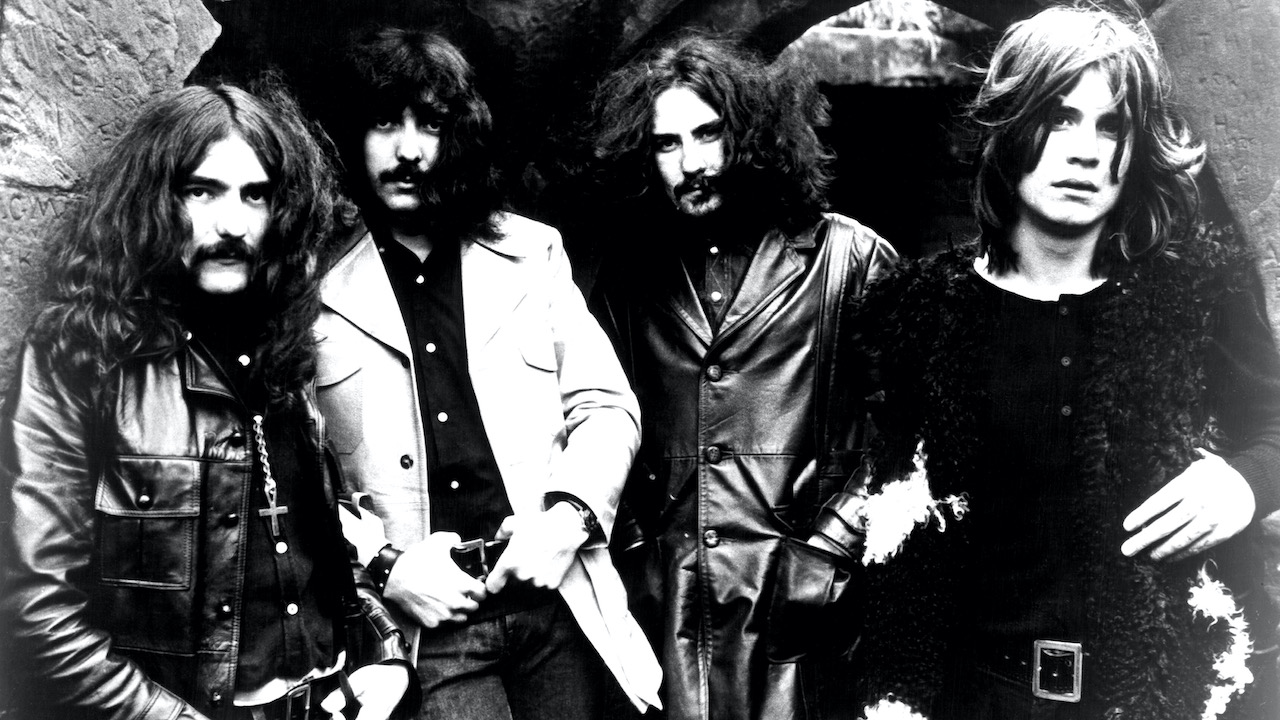Black Sabbath’s original drummer Bill Ward looks back with pride upon the earliest days of the game-changing rock legends in the new issue of Metal Hammer magazine, which goes on sale on December 9. He recalls how The Beatles lit a fire under the entire British music scene in the 1960s, forcing new bands - Sabbath included - to find their own voice.
"The Beatles were so damn good that a lot of us tried to emulate that,” the drummer admits to Hammer’s Rich Hobson. “I can remember The Beatles releasing [debut single] Love Me Do around 1962 and then soon after we had Johnny Neal and The Starliners, real rock ’n’ rollers influenced by the music of the ’50s. It was the wave of Liverpool bands that came along that kicked everybody’s ass, and all the big cities had to adapt and make their own scene.”
Black Sabbath came together, initially as the Polka Tulk Blues Band, in 1968, when Ward and guitarist Tony Iommi were seeking a new gig following the break-up of their blues rock band Mythology: the pair were joined in their new group by vocalist John ‘Ozzy’ Osbourne and bassist Terence ‘Geezer’ Butler, who had played together in Birmingham’s Rare Breed. From the outset, Ward says, Sabbath felt like a break from the past.
“When we finished Black Sabbath rehearsals at the Aston community centre,” he recalls, “I had feelings inside telling me a few things; we were different and it didn’t matter if we became famous. I knew what we’d made would cause a few problems, but also earn us great affection and I’m so fucking proud of that.”
“Black Sabbath were so tight, we’d have the same dreams,” the drummer tells Hobson. “It happens when you’re in a room transferring things to each other musically all day, so we’d end up having similar dreams. One of the dreams we had was being visited by a priest, or a spectre, and I just saw that as a guardian angel.”
“I love ghosts – I’m a ghost person and have been most of my life.”
Though Ward didn’t play on Sabbath’s final album, 13, and wasn’t invited to join Osbourne, Iommi and Butler on the group’s final world tour, he says he is “at peace” with his old friends and the group’s legacy.
“I love the you-know-what out of those guys,” he tells Hobson. “I’ve come through the angry bits that happened in 2012 and arrived in a place of being at peace with myself and with them. I’m glad we did what we did, and often go down memory lane with the early work we did in Copenhagen and the Reeperbahn in Hamburg. I love those guys and all the imperfections that go with that. It’s a great feeling, having come as far as we have, and I’m happy just being able to write or talk to them if I want to.”
For more from Bill Ward, and the ultimate review of 2021, pick up the new issue of Metal Hammer from December 9.

